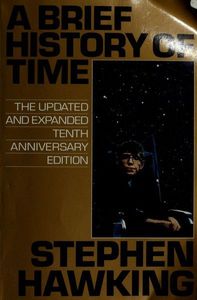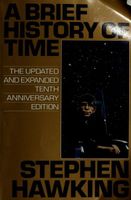Aug 24, 2022
- Edition
- ISBN 9780553380163
Reviews
p.@softrosemint
catto fishu@catfish-lo
Arpit Ingle@a4pit
Christian Bager Bach Houmann@cbbh
matej yangwao@yangwao
Sarah Schumacher@smschumacher
Anthony@amorriscode
Hardik Prajapati@hardik
Beatriz Aguiar@alchemistta
Jasper @zerra
Andy Sporring@andysporring
Raihan Khan@raihan
Meriem💫@mer_iem
Flavia Louise@flaviaaalouise
Mircea Tara@mirceatara
Kerry Gibbons@kerryiscool
Yash Agarwal@yash
Nona G@nonabgo
Hamed Khalidi@hamedkhalidi
Dana Musser@sentientrees
Jose Vera@lectoreclectico
Jay Carter@jayhasnofavorite
Cailin Duffy@rosepetalpages
S@bibliokuan
Highlights
au@narchicism
Page 12
au@narchicism
Page 11
au@narchicism
Page 9
au@narchicism
Page 9



